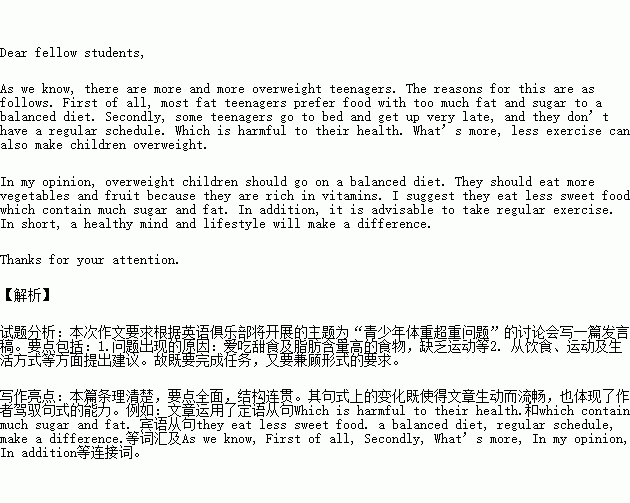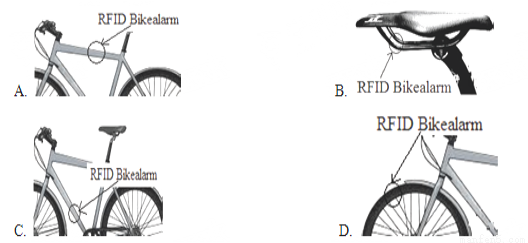A Deed a Day
It was a busy day as usual. I was making sandwiches and balancing the phone between my shoulder
and chin. The washing machine sounded as my husband walked in with our daughters. We had only about twenty minutes to eat we had to take the girls to their next activity. My husband seemed a bit that dinner was not on the table.
That night, I had a heavy , thinking we were becoming taskmasters on an assembly line (流水线). We had become too in our own tasks and not very considerate towards
those around us. We needed to do something to bring back some meaning into our lives. It needed to be something that would our own agendas and energize us toward the common good.
I bought a notebook, named it “Our Deed Diary” and held a family meeting. I told my family I wanted us all to think about doing a for others every day. It could be for each other or for people outside our . And we all needed to write it down in the notebook.
I thought one deed a day was too easy. However, it was actually than it seemed because it had to be something what we had already done. Sending birthday cards to people we already sent cards to every year would not .
We had a rough . On some days, someone would forget to a good deed, while on other days, we would forget to write our good deeds in the diary. After a few weeks though, I found myself waking up in the morning trying to what good deed I could do for someone that day. My daughters began to rush to me after school to me the good deed they had done.
Now, after a year, I am happy to say that it is making a(n) in our lives. Instead of always what the day will bring for us, we think about what we can do for someone else.
Who would have thought that trying to do a simple kindness a day would be so ? I feel my daughters have felt inner joy that you can only by giving to someone else from your heart. The best thing is that you feel so great about doing something for someone else; you don't even look for or expect anything in . So, when someone does return the favor, it is an enormous and positive .
1.A. before B. while C. though D. unless
2.A. embarrassed B. frightened C. annoyed D. puzzled
3.A. heart B. shoulder C. foot D. stomach
4.A. successful B. absorbed C. confident D. interested
5.A. repeat B. recall C. refocus D. relate
6.A. task B. copy C. job D. kindness
7.A. home B. town C. school D. room
8.A. stranger B. harder C. bigger D. sweeter
9.A. between B. beyond C. about D. from
10.A. matter B. happen C. last D. count
11.A. time B. start C. idea D. life
12.A. praise B. record C. do D. check
13.A. describe B. explain C. remember D. decide
14.A. bring B. tell C. offer D. teach
15.A. effort B. fortune C. difference D. choice
16.A. forgetting B. believing C. knowing D. wondering
17.A. tiring B. rewarding C. surprising D. moving
18.A. experience B. exchange C. predict D. imagine
19.A. silence B. order C. time D. return
20.A. effect B. contribution C. bonus D. attitude


